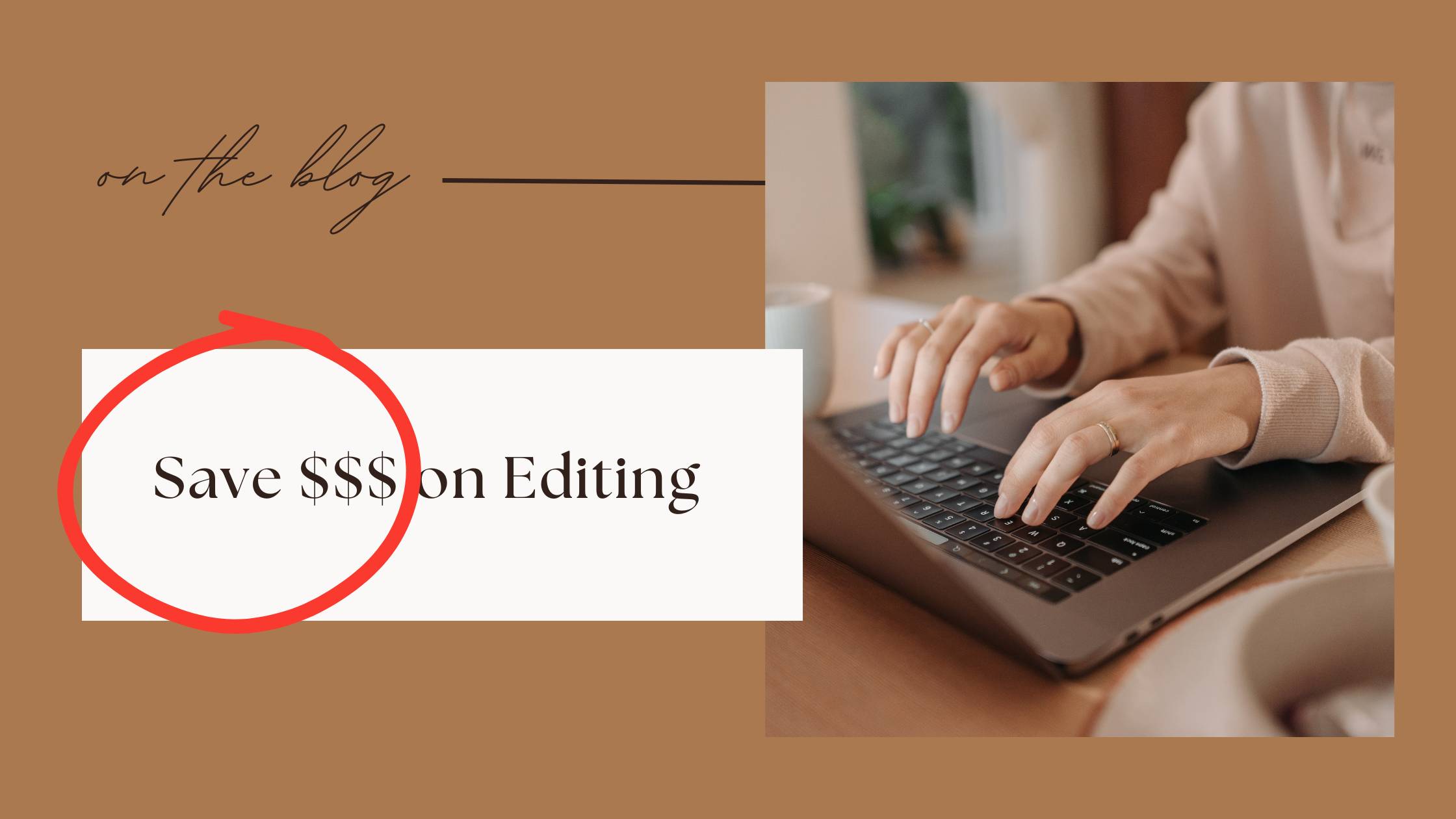Let’s Talk About Developmental Editing
By a Developmental Editor Who’s Tired of the Confusion
Alright, let’s cut the crap.
There’s a lot of noise out there about what developmental editing actually is. Some people think it’s proofreading (it’s not). Others think it’s just rearranging a few chapters (not even close). And some think it’s optional. Trust me—it’s not if you want your story to actually work.
So what the hell is developmental editing?
It’s the bones. The guts. The stuff under the surface that holds your entire story together. Plot structure. Character arcs. Pacing. Theme. Tension. Voice. Consistency. It’s not about commas—it’s about whether your story makes sense, flows well, and emotionally lands. It’s about making sure your readers don’t quit halfway through or roll their eyes at your big reveal.
If your story is a house, developmental editing is walking through it with a flashlight and saying, “Hey, this wall doesn’t support anything,” or “Your kitchen’s in the damn attic, what are we doing here?”
What I look for (and what you should, too):
- Does the story open in the right place?
- Are the stakes clear?
- Does the main character want something?
- Are the scenes building toward something or just sitting there looking pretty?
- Do the subplots matter—or are they just taking up space?
- Is the ending earned?
- Are your characters consistent or flipping personalities depending on the scene?
If you’ve got a “meh” protagonist, a saggy middle, or a twist that doesn’t twist—those are my battle zones.
Here’s the part writers don’t want to hear:
You’re too close to your story. You know your characters. You feel the emotion. You see the backstory in your head. But if it’s not on the page, it’s not in the reader’s experience. That’s where I come in.
I don’t care how “attached” you are to a scene—if it doesn’t serve the story, it’s on the chopping block. Not because I’m heartless, but because readers are. They’ll close the book. I won’t let that happen.
A good developmental edit isn’t about ego.
It’s not me rewriting your book. It’s me shining a light on what’s working, what’s not, and how to make it better. You’re the author. I’m your second brain—the one that didn’t spend six months obsessing over chapter two.
Final truth bomb:
You can write a gorgeous sentence, but if your story structure is weak, the whole thing falls apart. Don’t skip developmental editing. Don’t save it for “later.” It’s not a luxury. It’s a foundation.
Get the story right first. Then we can worry about polishing the surface.

